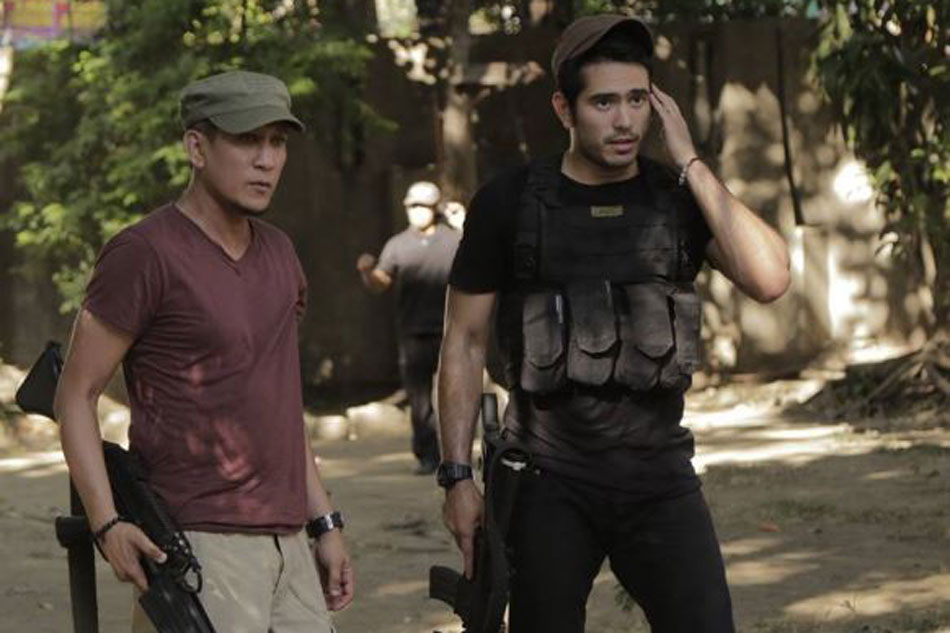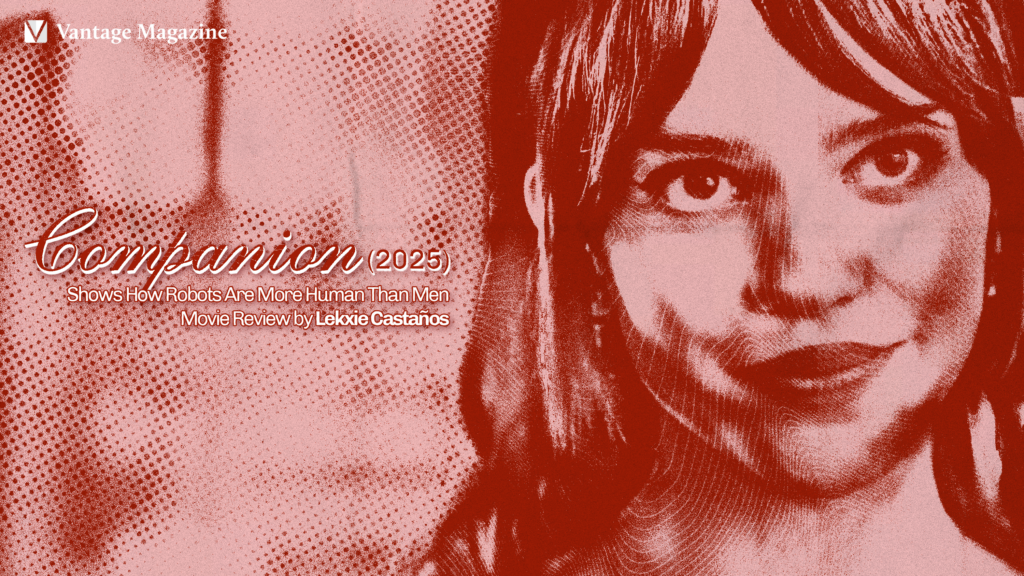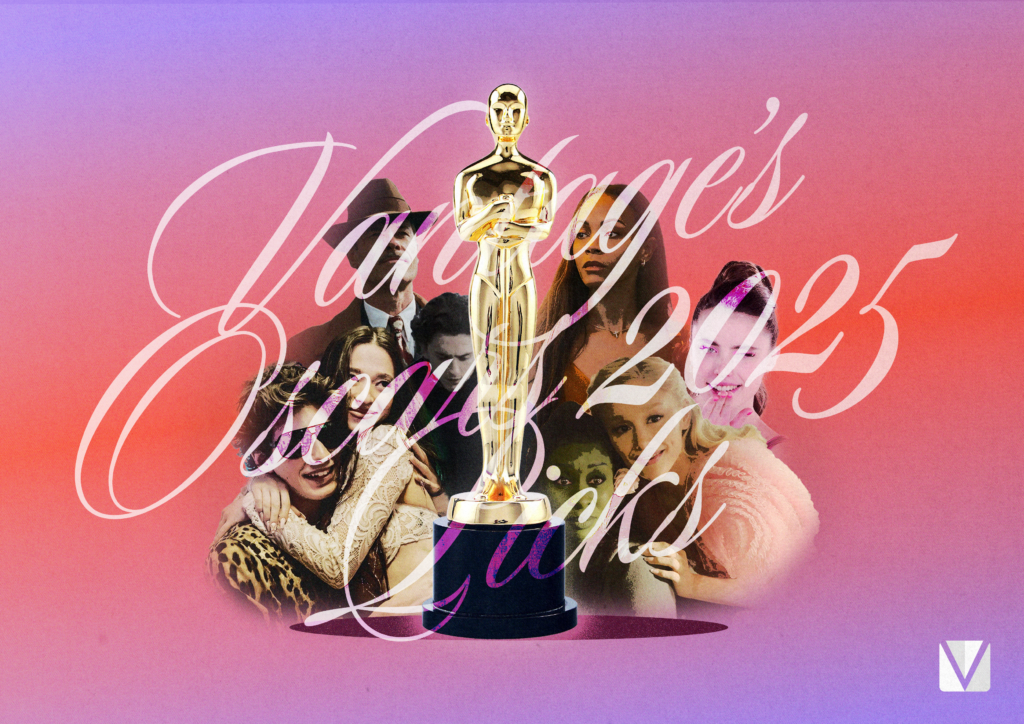Looking for an action-packed movie with dimly lit hallways, sniper shots, a notorious villain, and a brooding, fervent protagonist? Enzo Williams’ AWOL may be the film for you.
The story revolves around Lieutenant Abel Ibarra (Gerald Anderson), who is tasked to lead his military troops in taking down a prominent terrorist. His mission succeeds, ending in the suicide of said target, and the soldiers are sent home to their families. Ibarra, however, is left the sole survivor of the mission after a bomb erupts during a celebratory lunch.
Enraged by the immediate threat now hanging over his family and the police’s slow work to identify the bombers, Ibarra decides to take matters in his own hands, hunting down his attackers. The movie follows this revenge-seeking man, scarred by his losses and fearing for the safety of his family.
While being kin to drama and action genres, AWOL is far from these types. The film touches up on suspense, such as the Taken (2008, 2012, 2015) and Bourne (2002, 2004, 2012, 2016) movies. Ibarra’s screen time on the battlefield is mostly there to establish among viewers his unique skill in hunting down his attackers.
AWOL captures the tone of suspense rather well, keeping shots angled and setting mood lighting. Some shots may seem too over the top, bordering on comedic. Case in point: The camera zooms into a character as he dramatically turns towards the camera to deliver a line.
The film has a fairly predictable plot, most of the time relying on convenient mistakes of other characters in order for Ibarra to continue his hunt. This, coupled with awkward, choreographed gunfights and stunts, weakens the tension and believability of the story.
AWOL’s saving grace is its multi-conflict storyline. There are three major conflicts in this movie, ranging from revenge, dealing with loss, internal conflict, terrorism, and crime among the police and military.
It is in these conflicts that the story becomes more real to the watchers, relating to pressing issues that people see on the news or fear in the midst of violence around the country. While the story is Ibarra-centric, there are elements on how his emotion and actions are portrayed that can apply to the bigger picture of the society we live in today.
Rating: 3/5
Photo retrieved from coconuts.co






